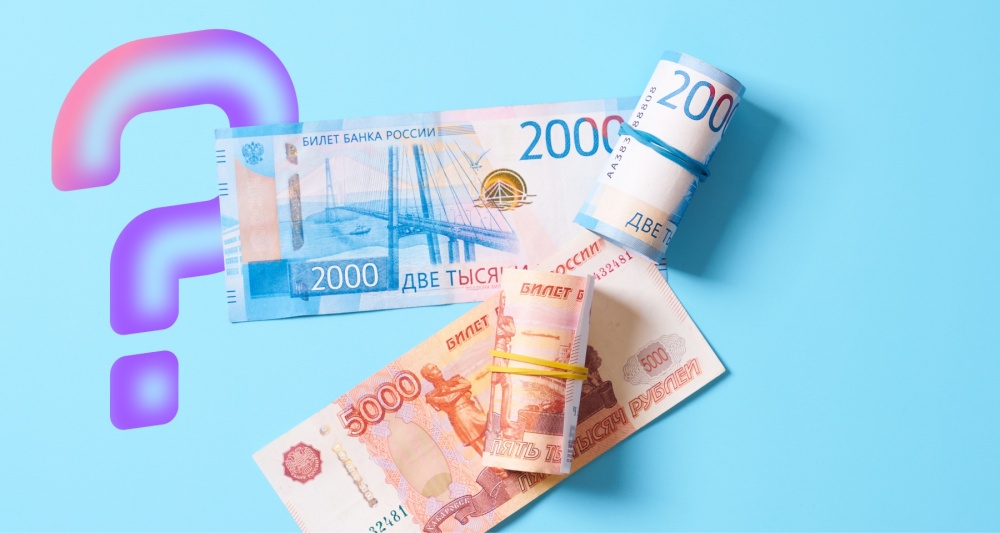International rating agency Fitch Ratings affirmed on Tuesday, December 15, its long-term Issuer Default Ratings of BBB-, with a negative outlook, on eight Russian banks with foreign capital, namely Bank of China, China Construction Bank, Credit Agricole CIB, Danske Bank, HSBC Bank, ING Bank, Nordea Bank and SEB Bank. The full list of rating actions was disclosed in the agency's press release.
All the above Russian banks are fully controlled by China-based Bank of China and China Construction Bank Corporation, France's Credit Agricole, Denmark's Danske Bank, UK lender HSBC Bank, Dutch ING Bank, Sweden's Nordea Bank and Skandinaviska Enskilda Banken, respectively. The IDR level, support ratings and senior debt ratings (if assigned) reflect Fitch's opinion that financially strong parent companies are highly prepared to back their Russian subsidiaries, if necessary. This assessment is based on the fact that the banks are fully controlled by their foreign owners, high integration between parent and subsidiary companies, their general brands, which implies reputation risks for parent companies if subsidiaries default, and also on the limited area of business of Russian divisions (less than 1% of the parent group's assets in every case), as a result of which any costs related to potential support will be modest.
Fitch specifies that Credit Agricole, Danske, HSBC, ING, Nordea and SEB would likely scale down Russian operations due to the sanctions and weak economic indicators in Russia. The Russian market is of greater strategic importance for Bank of China and China Construction Bank, but presently their local subsidiary banks are also very small.
The bank's foreign currency IDRs are limited by Russia's country ceiling (BBB-), and where local currency IDRs are assigned, they also take into account country risks. The country ceiling takes account of transfer and conversion risks, i.e. the risk that subsidiaries are unable to take advantage of financial aid of their parent companies to meet currency obligations.
Fitch assigns no BFSRs to subsidiary banks owing to their high integration with parent companies on management and operations levels.
The affirmation of national ratings at AAA(rus), with a stable outlook, reflects Fitch's viewpoint that these banks are among the most creditworthy in Russia and, in case of a sovereign rating downgrade, their creditworthiness will not fall drastically compared to other Russian issuers.
Separately, Fitch affirmed yesterday its long-term IDRs on Dutch lender Credit Europe Bank and its Russian subsidiary, Credit Europe Bank, at BB-. The parent bank's rating outlook is stable, and negative for the Russian subsidiary.
Affirmation of Russia-based Credit Europe Bank's long-term IDRs, and also of its support rating (at bb-), reflects moderate pressure of rising funding costs and expenses related to asset impairment on its capital. Fitch thinks that despite limited liquidity the bank's refinancing risks are manageable. The negative outlook for the bank's IDR is driven by the likelihood of a further contraction in the bank's asset quality under the influence of sluggish economic growth in Russia, lower consumption and investment, and a decline in real disposable income of the public.









